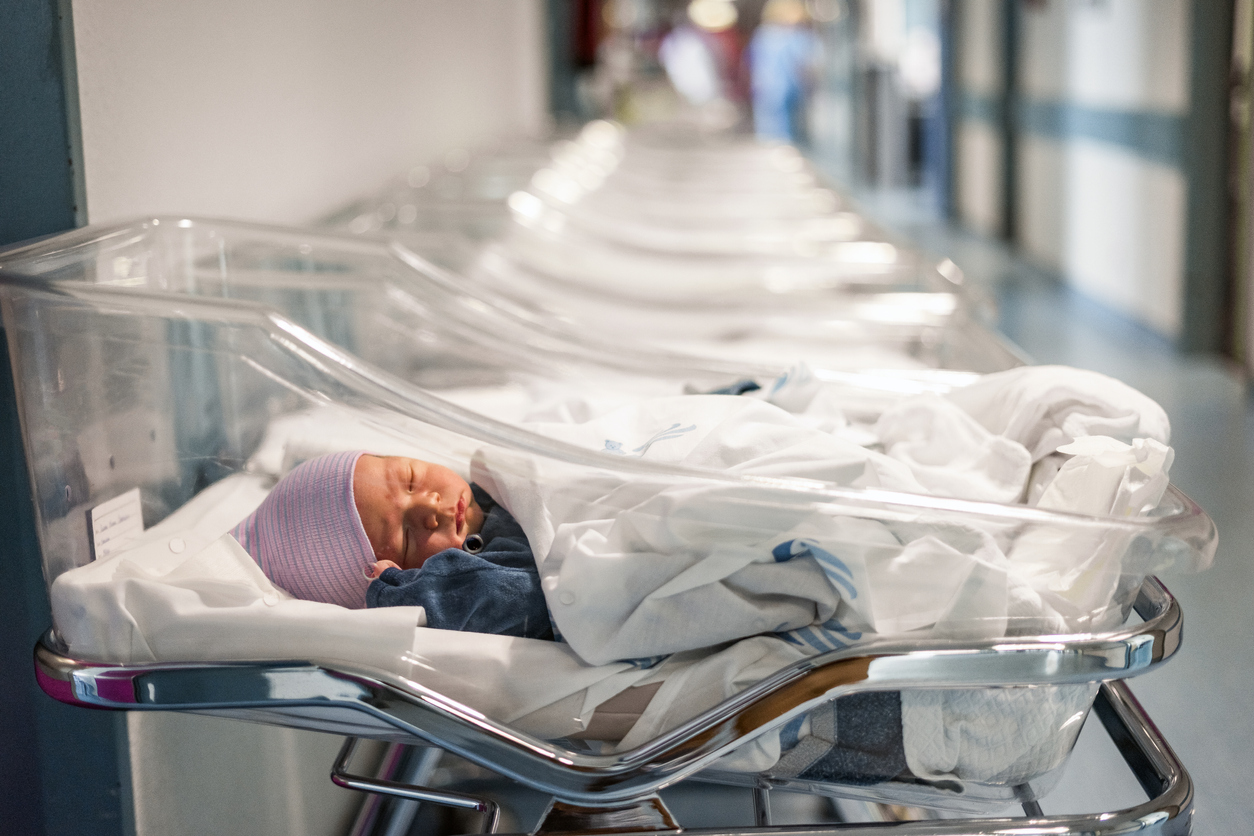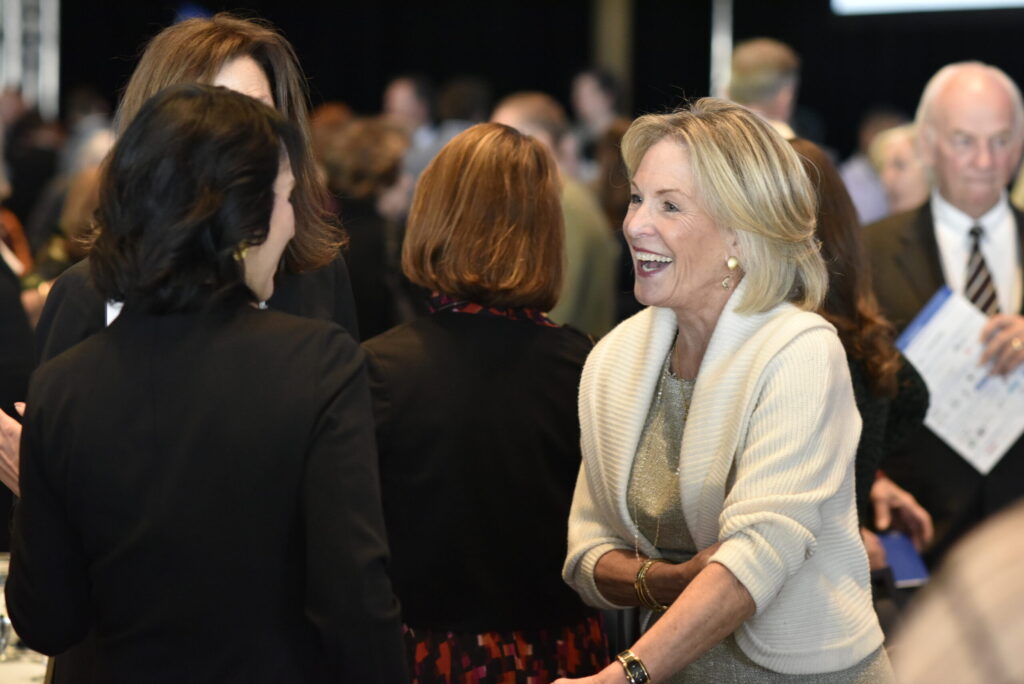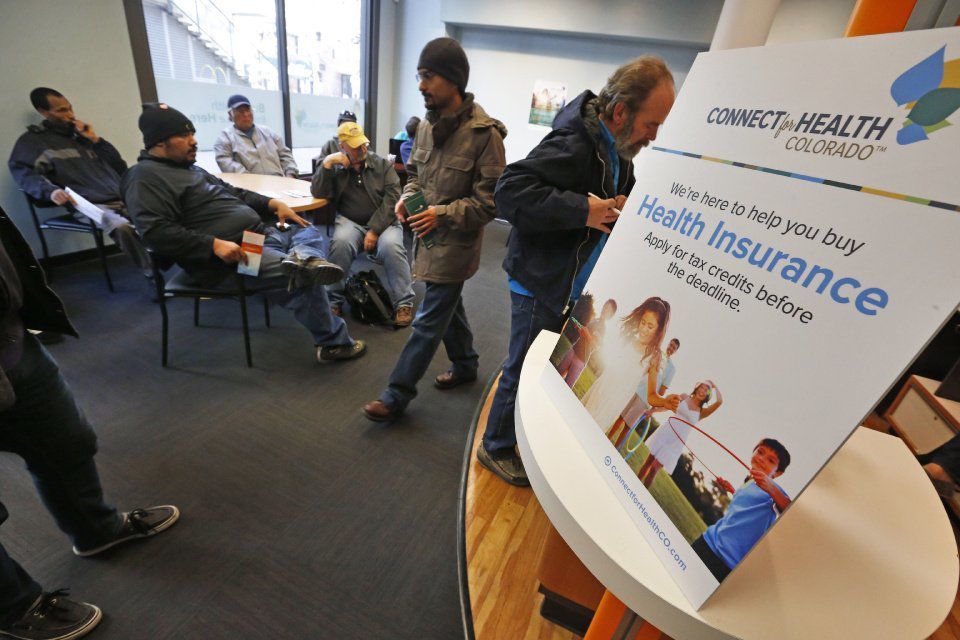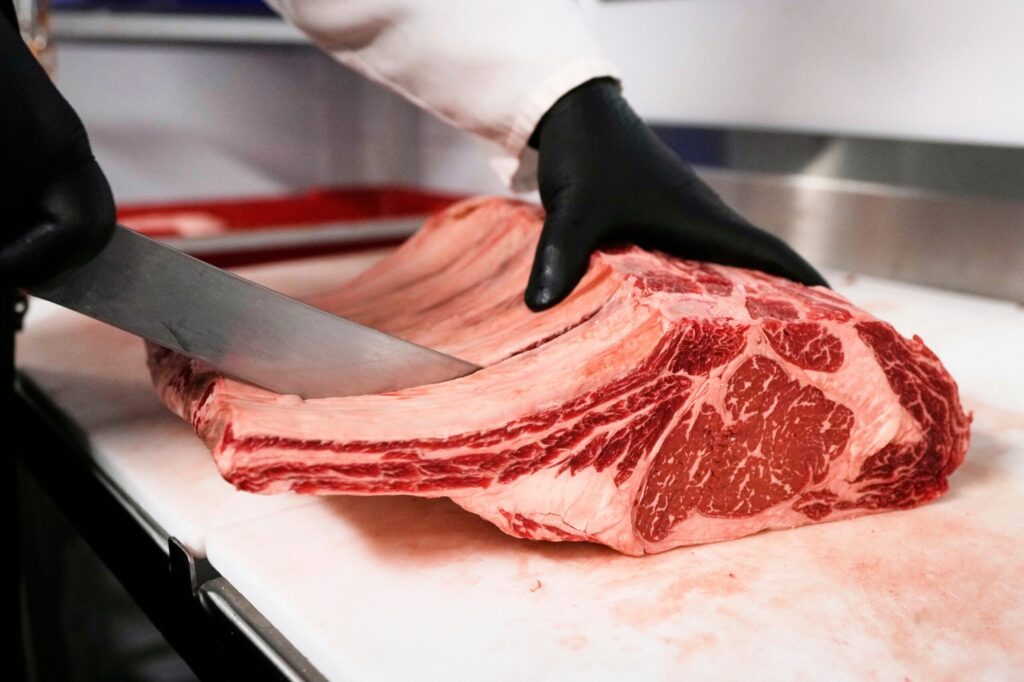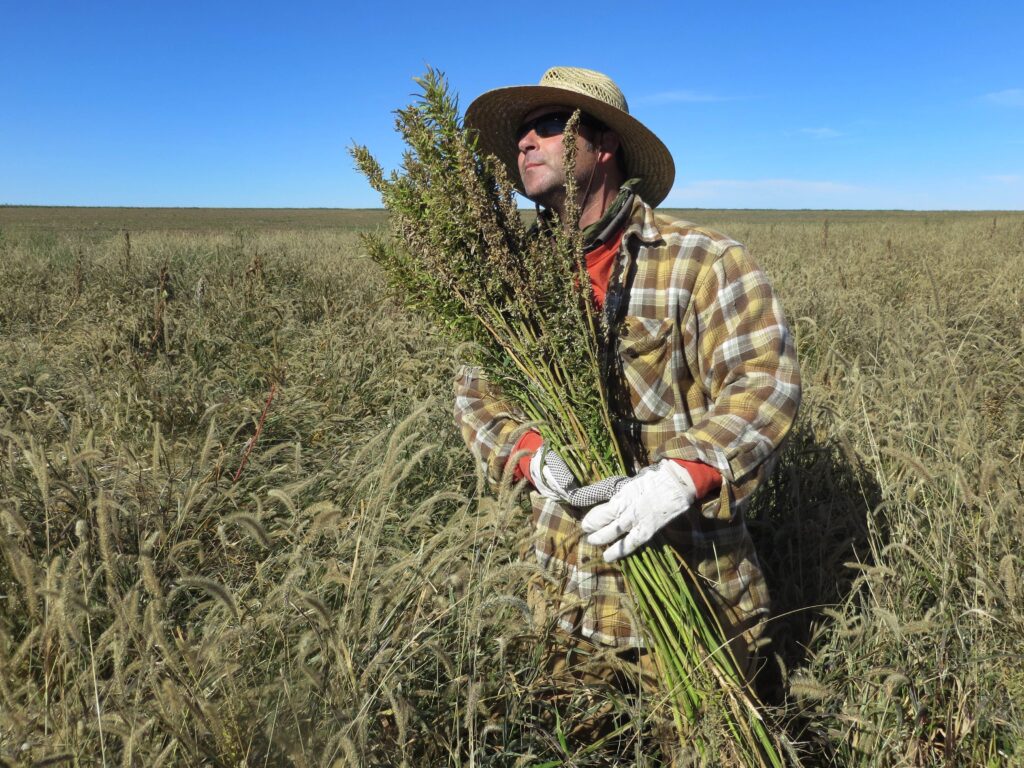Colorado lawmakers approve removing anonymity in sperm, egg donations
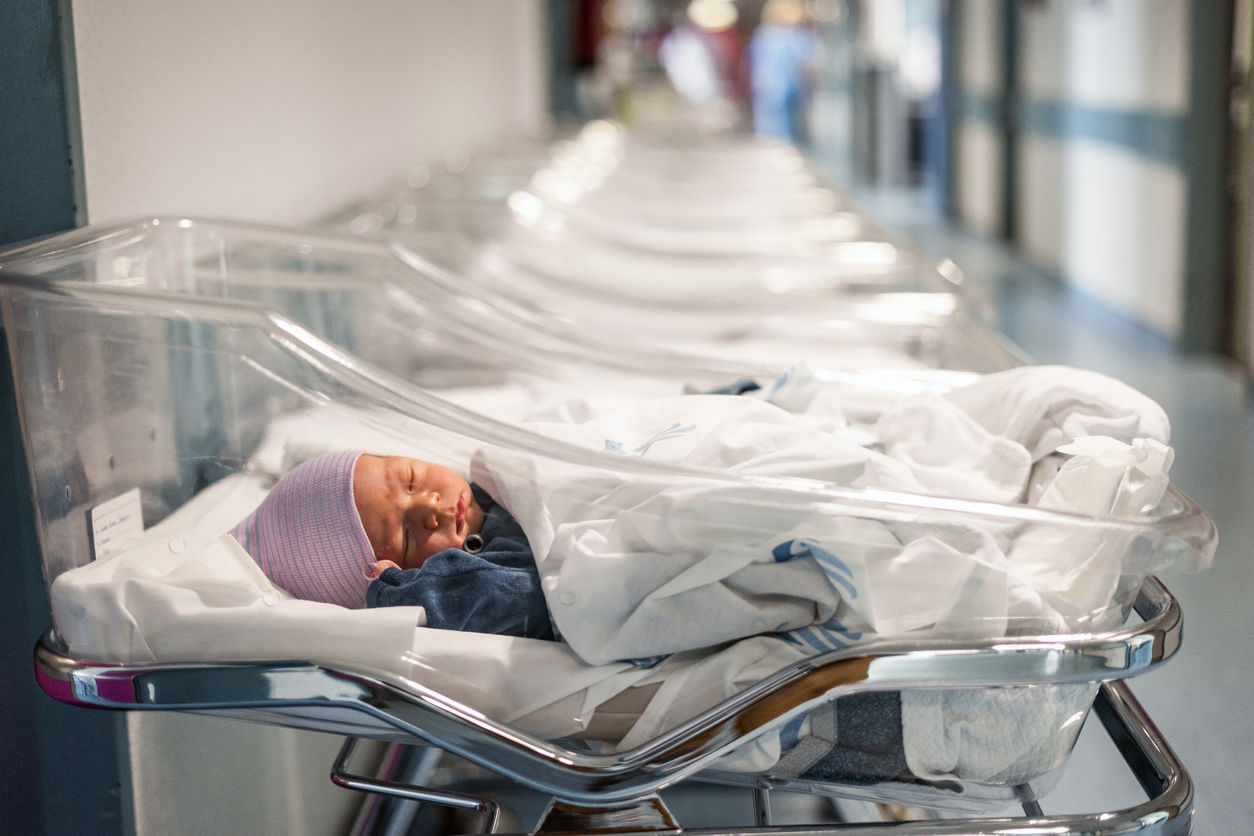
The effort to end anonymous donations of sperm and eggs passed the Colorado legislature on Tuesday, and it now only needs the governor’s signature to become law.
If signed, Senate Bill 224 would, beginning in 2025, require that donors agree to have their identity be released to children conceived from their donations when they turn 18. The bill would also increase the minimum age of donors to 21, limit them to contributing to no more than 25 families, and give families access to donor’s updated medical records.
Sponsors said the measure – the first of its kind in the U.S. – comes from the rise of commercial DNA technology, such as 23andMe and Ancestry, that allows donor-conceived people to easily and often accidentally identify their donors and unknown family members.
“We want to make clear that someone whose donating sperm or egg will no longer be anonymous,” said Rep. Matt Soper, R-Delta, who is sponsoring the bill. “Through technologies that are out there, they need to understand what the ramifications are of making the decision to be a donor.”
Bill sponsors said the current anonymity of the assisted reproduction industry promotes fraud, encouraging donors to lie on their applications and allowing nefarious actors to take advantage of blind donations.
A Grand Junction fertility doctor, Paul B. Jones, was recently accused of using his own sperm to father at least 17 children with 12 women from 1975 to 1977. The victims said they were told the sperm came from anonymous donors – before DNA tests connected their now-adult children to Jones. In April, a jury awarded $8.75 million to the families.
Similarly, in 2014, an Indiana woman identified more than 50 half-siblings through commercial DNA tests, all of whom were fathered by a fertility doctor, Donald Cline.
The state House passed the bipartisan-sponsored bill in a 53-12 vote on Tuesday, following the Senate’s unanimous approval last week. Of the 12 opponents, 11 are Republican and one – Rep. Meg Froelich of Greenwood Village – is a Democrat.
“It’s going into uncharted ground,” said Rep. Shane Sandridge, R-Colorado Springs, who voted against the bill. “We can’t look at other states and see how they did it or what unintended consequences are associated with this.”
Sandridge said he is concerned about the bill turning people off from donating sperm and eggs in Colorado – a worry members of the assisted reproduction industry share. During a public hearing on the bill, multiple owners of sperm banks said the bill lacks protections for donors.
Bill sponsor Rep. Kerry Tipper, D-Lakewood, argued that commercial DNA testing means donors are already not anonymous, and the bill would solidify the importance of transparency and accountability in donating.
“This is really best practice for both sides,” Tipper said. “We can’t guarantee anonymity. It’s very disruptive to donors’ lives to 18, 20 years down the road be contacted by some children or a lot of children that are genetically theirs.”
The bill received significant support from donor-conceived children and their families, as well as from some donors. Organizations backing the bill include the U.S. Donor Conceived Council, We Are Egg Donors, GSMoms and Advocate Genetics.
During the hearing, donor-conceived people spoke about struggling to contact donors to learn about genetic medical issues. One mother said her donor-conceived daughter was born with a genetic birth defect from her donor that was not reported on the medical record. She said she later found out the medical history was self-reported and never updated.
The bill would require licensing for sperm banks, egg banks and fertility clinics beginning in 2025, and the facilities would be required to maintain updated contact information and medical history of all donors.
Jonathan Pollack said he discovered he was conceived by a sperm donor at age 41 after taking a commercial DNA test. When he tracked down his biological father, he learned that he had donated sperm multiple times per week for seven years. So far, Pollack has found 16 half-siblings, but he believes he likely has closer to 100.
“That number makes me feel like a science experiment and a commodity,” Pollack said during the hearing. “Plus, the risk of accidental incest in a sibling group like mine is a very real concern.”
Pollack praised the portion of the bill that would cap the number of families donors can contribute to. The bill originally limited the number to 10 but increased it to 25 as a compromise with the industry, bill sponsors said.
In Colorado, there are 42 fertility clinics and four gamete banks, according to the state. Nationally, an estimated 30,000 to 60,000 children are conceived using donors every year.
